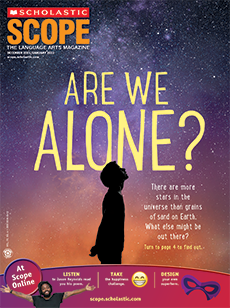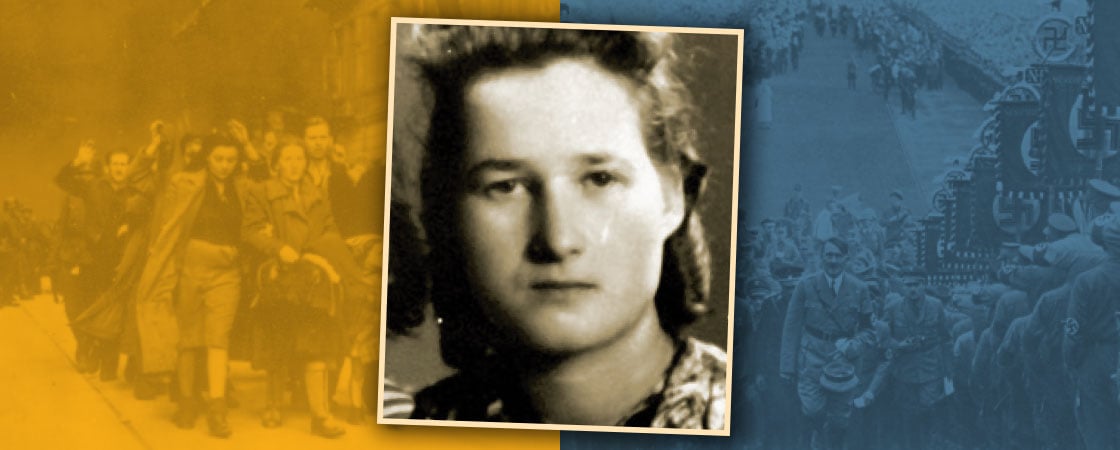The train barreled through the bitterly cold autumn air. Max Diamant, 27, did not know exactly where the train was carrying him, but he was certain the journey would end with his death.
It was November 1942 in the country of Poland, and World War II was raging across Europe. Earlier that day, a group of Nazis had forced Max and dozens of other Jewish men, women, and children onto the train at gunpoint. The Nazis didn’t tell them the train was going to a death camp, but Max had his suspicions. He knew what the Nazis were capable of.
As Max saw it, he had two options: Die at the hands of the Nazis or jump from the speeding train.
He made his choice.
With a pair of pliers he’d hidden in his pocket, Max began feverishly cutting the barbed wire that covered one of the windows. When he’d made a hole large enough, he wiggled through.
For a terrifying moment, Max clung to the side of the train with one hand. Wind whipped his hair and clothes. The clanging of the wheels on the metal tracks rang in his ears.
And then—
He let go.
The train barreled through the cold autumn air. Max Diamant, 27, did not know exactly where the train was taking him. But he was certain the journey would end with his death.
It was November 1942 in the country of Poland. World War II was raging across Europe. Earlier that day, a group of Nazis had forced Max and dozens of other Jewish people onto the train at gunpoint. The Nazis didn’t tell them the train was going to a death camp, but Max had his suspicions. He knew what the Nazis were capable of.
As Max saw it, he had two options: Die at the hands of the Nazis or jump from the speeding train.
He made his choice.
With a pair of pliers he’d hidden in his pocket, Max began feverishly cutting the barbed wire that covered one of the windows. When he’d made a hole large enough, he wiggled through.
For a moment, Max clung to the side of the train with one hand. Wind whipped his hair and clothes. The clanging of the wheels on the metal tracks rang in his ears.
And then—
He let go.


